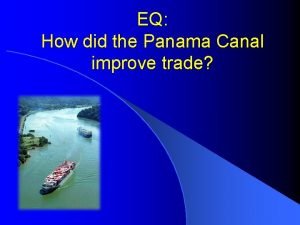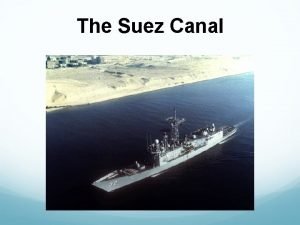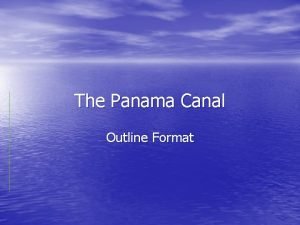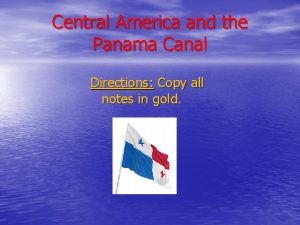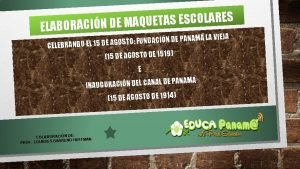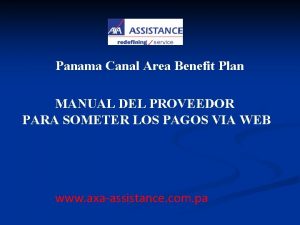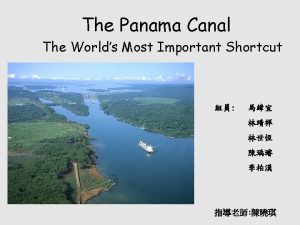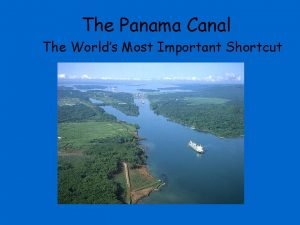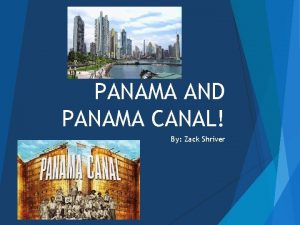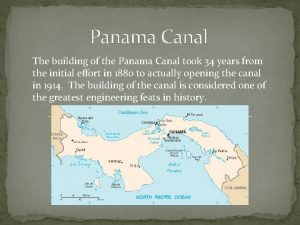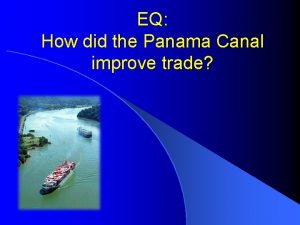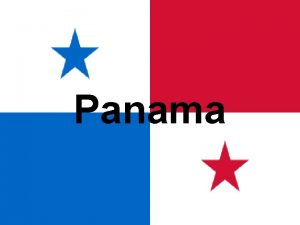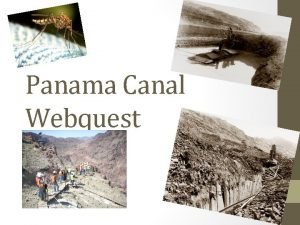EQ How did the Panama Canal improve trade







- Slides: 7

EQ: How did the Panama Canal improve trade?

A great engineering project Took about 10 years l Cost $380 million l Took 43, 000 men to build l Shortened a ship’s route 9, 000 miles from New York to San Francisco l

Huge problem! nd Time: 2 time: l The US knew that l A French company the canal could not began in 1882, but be built without gave up 7 years overcoming the later disease problem l Money & l Doctors learned engineering mosquitoes carried problems existed the disease, so they l The big problem was told the workers to losing 22, 000 drain swamps, cover workers to malaria & water supplies & yellow fever tents with nets, & put in new sewers 1 st

Why build the canal? After gaining new territory in the Spanish. American War, America saw the need for a passageway through Central America l President Roosevelt believed that a canal linking the Atlantic and Pacific Oceans could help America’s military and economic interests l In summary: connect the Atlantic & Pacific Oceans. This is important for military and world trade. l

How did it help improve trade? l Ships could get their goods from one side of the US to another much faster l The US had clear access to world trade l The US Navy also had clear sailing to defend US interests all over the world

Label your map:

Panama Locks l There are three sets of locks in the canal. A twostep flight at Miraflores, and a single flight at Pedro Miguel, lift ships from the Pacific up to Lake Gatun; then a triple flight at Gatun lowers them to the Atlantic side. All three sets of locks are paired; that is, there are two parallel flights of locks at each of the three lock sites. This allows ships to pass in opposite directions simultaneously; however, large ships cannot cross safely at speed in the Gaillard Cut, so in practice ships pass in one direction for a time, then in the other, using both "lanes" of the locks in one direction at a time.
